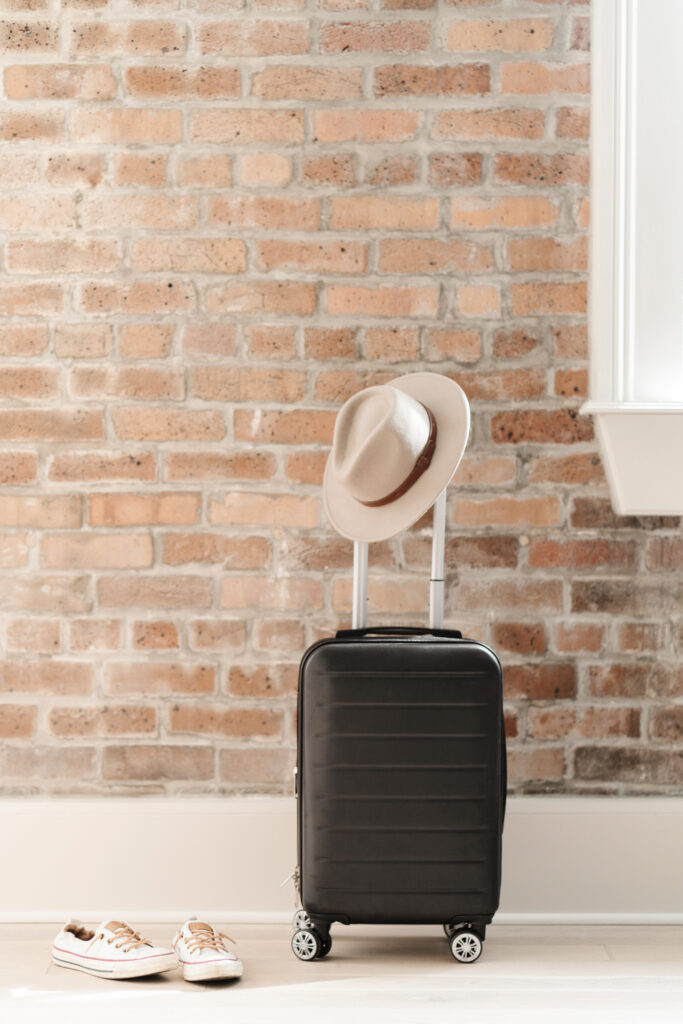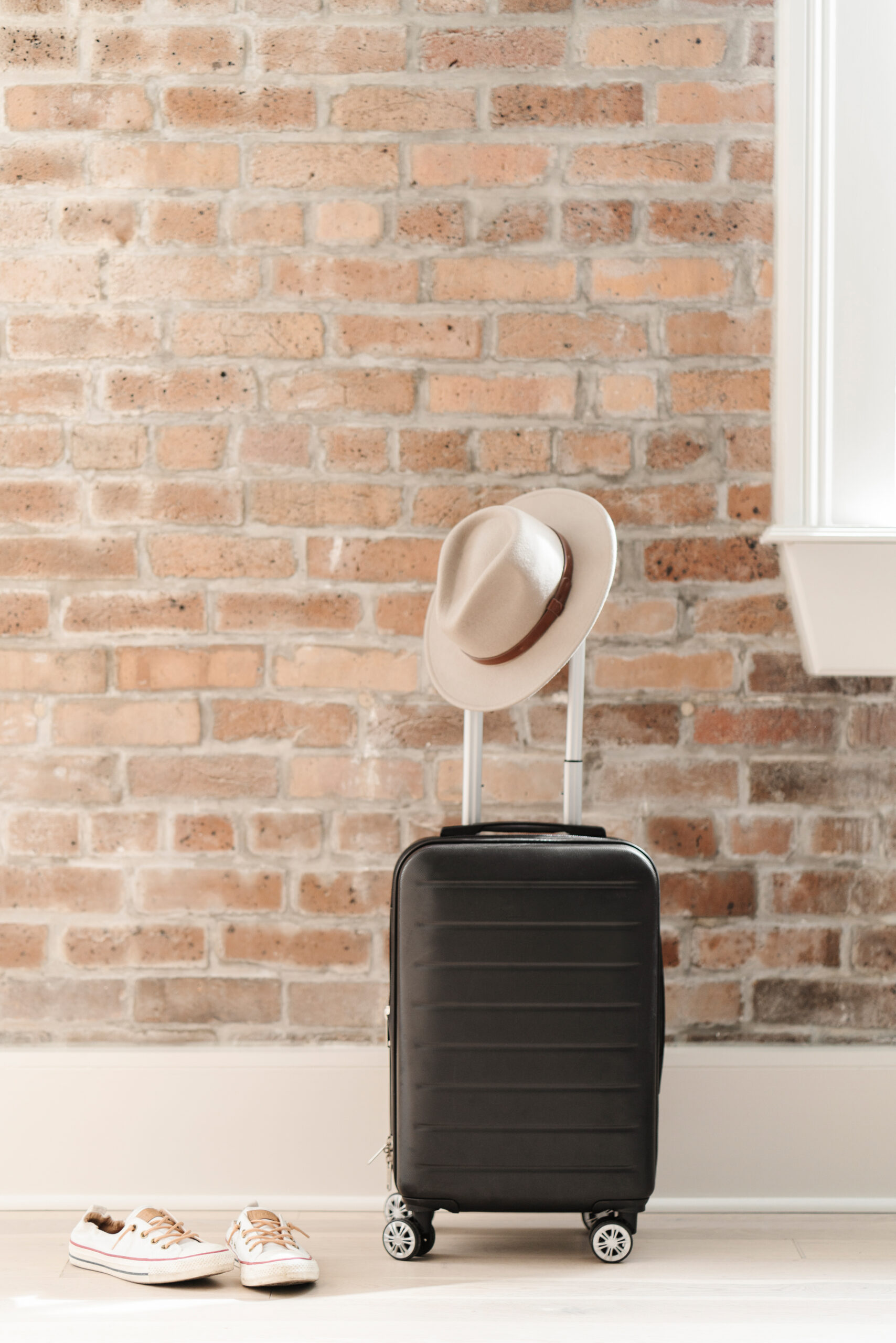
When you are self-employed, you generally can deduct the ordinary and necessary expenses of traveling away from home for business from your income. But before you start listing travel deductions, make sure you understand what the Internal Revenue Service (IRS) means by “home,” “business,” and “ordinary and necessary expenses.”
The IRS defines expense ordinary and necessary expenses this way:
- An expense is ordinary if it is common and accepted in your industry
- An expense is necessary if it is helpful and appropriate for your business
Business home, not home sweet home
You can claim business travel expenses when you’re away from home but “home” doesn’t always mean where your family lives. You also have a tax home—the city where your main place of business is located—which may not be the same as the location of your family home.
For example, if you live in Franklin, Tennessee but your permanent work location is in Goodlettsville where you stay in hotels and eat out during the workweek, you can’t deduct your expenses in Goodlettsville or your transportation home on weekends.
- In this situation Goodlettsville is your tax home, so no deductions are permitted for ordinary and necessary expenses there.
- Your trips to your home in Franklin are not mandated by the business.
Transportation expenses on a business trip are deductible
Go by plane, train or bus—the actual cost of the ticket to ride is deductible, as well as any baggage fees. If you have to pay top dollar for a last-minute flight, the high-priced ticket is a business expense, but if you use frequent-flyer miles for a free ticket, the deduction is zero.
If you decide to rent a car to go on a business trip, the car rental is deductible. If you drive your own vehicle, you can take actual costs or the IRS standard mileage deductive—57.5 cents per mile in 2020 for business. You also can add tolls and parking costs to that.
Fees for getting around are deductible
Fares for taxis or shuttles can be deducted as business travel expenses. For example, you can deduct the fare or other costs to go to:
- Airport or train station
- Hotel from the airport or train station
- Between your hotel and the work location
- Between clients in the area
If you rent a car when you arrive at your destination, the expense is deductible as long as the car is used exclusively for business. If you use it both for business and personal purposes, you can only deduct the portion of the rental used for business.
Lodging, meals and tips are deductible
The IRS allows business travelers to deduct business-related meals and hotel costs, as long as they are reasonable considering the circumstances—not lavish or extravagant.
You would have to eat if you were home, so this might explain why the IRS limits meal deductions to 50% of either the:
- Actual cost of the meal
- Standard meal allowance
This allowance is based on the federal meals and incidental expense per diem rate that depends on where and when you travel.
Generally, you can deduct 50% of the cost of meals. Alternatively, if you do not incur any meal expenses nor claim the standard meal allowance, you can deduct the amount of $5 per day for incidental expenses. You can also deduct incidental expenses, such as:
- Fees and tips given to hotel staff
- Fees for porters and baggage carriers
But don’t forget to keep track of the actual costs.
Do you still need further assistance classify your expenses? If so contact us today!








